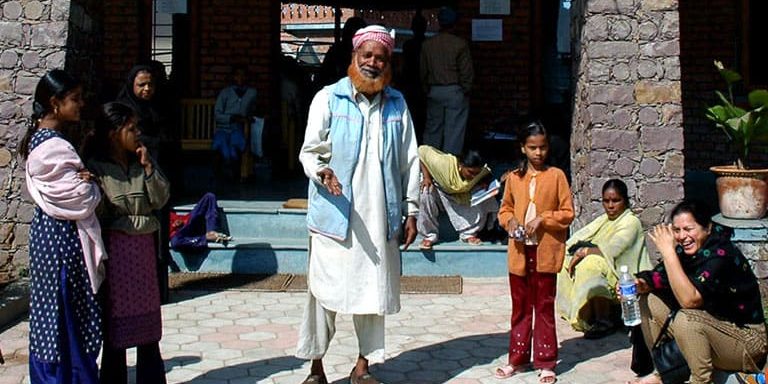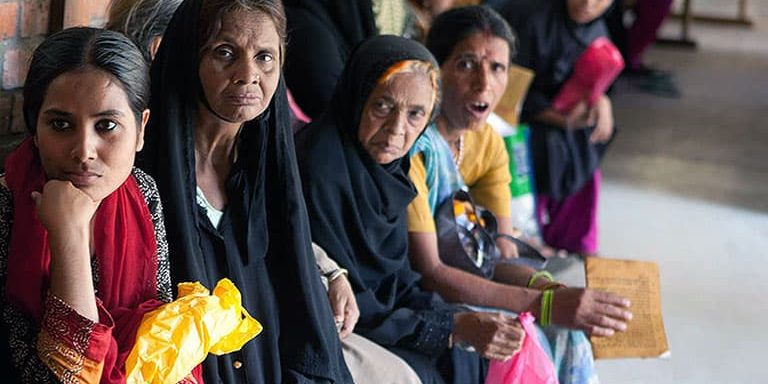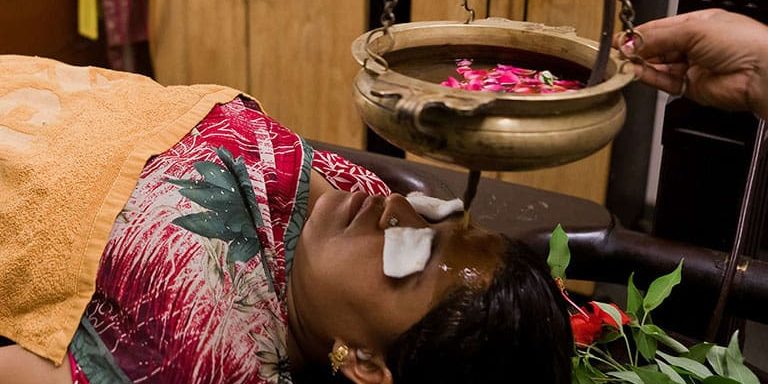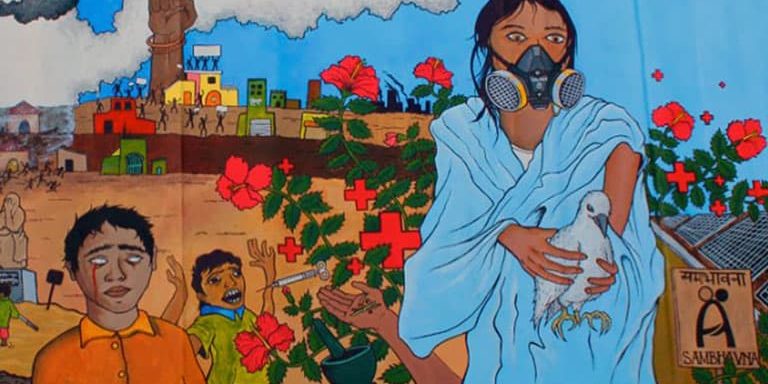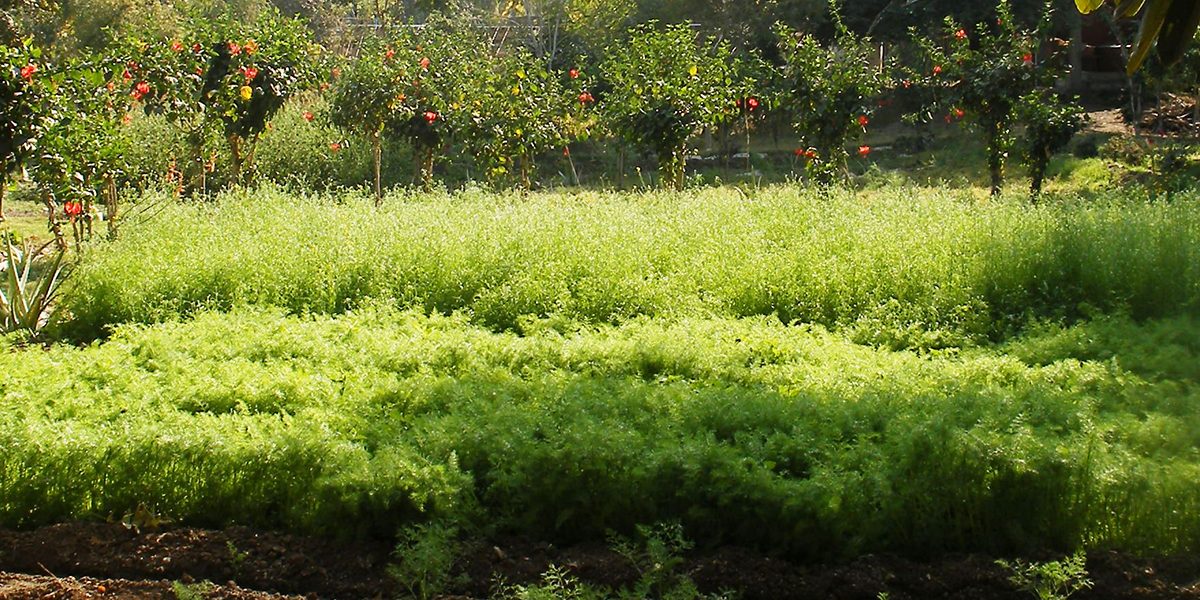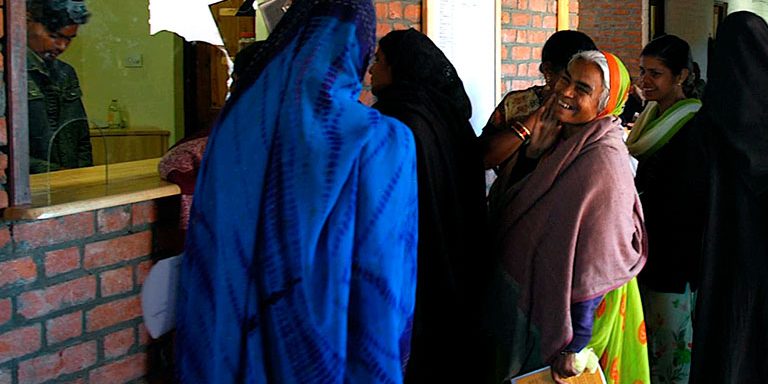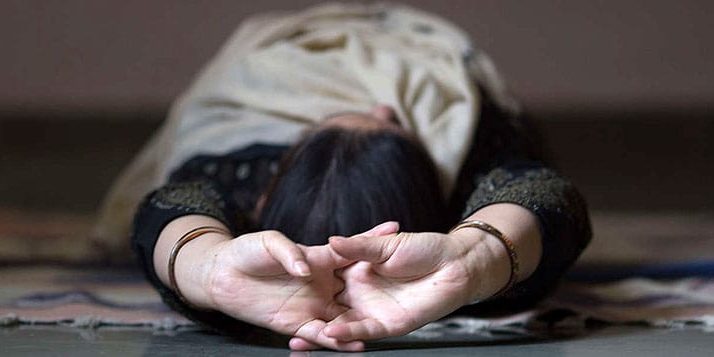Sambhavna Clinic
Originally opened in 1994 off the back of our first appeal in the Guardian, the Sambhavna Trust Clinic is dedicated to providing free healthcare to survivors of the Bhopal gas disaster and ongoing water poisoning.
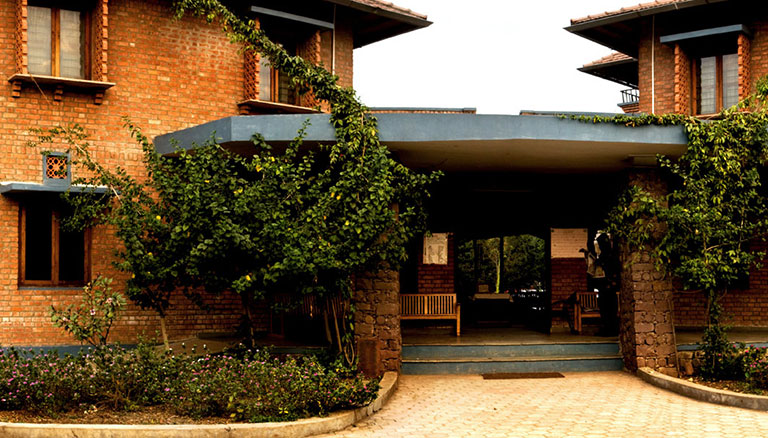
Sambhavna Clinic
Originally opened in 1994 off the back of our first appeal in the Guardian, the Sambhavna Trust Clinic is dedicated to providing free healthcare to survivors of the Bhopal gas disaster and ongoing water poisoning.

A short film documenting the work at the Sambhavna clinic, narrated by Managing Trustee Sathyu Saranghi
About the Sambhavna Clinic
The work carried out by the Sambhavna Trust has shown that it is possible to evolve simple, safe, effective, ethical and participatory ways of treatment monitoring and research for the survivors of the Bhopal Disasters.
Appropriate care
Provision of appropriate medical care is one of the central activities of Sambhavna. Read about our guiding principles.
Ayurvedic Medicine
Significant features of Ayurvedic healthcare at Sambhavna include the use of medicines described in standard texts, often produced on site, rather than factory-manufactured drugs.
Community Healthwork
Sambhavna believes in empowering the community and the individual to take control of its and their health. The eight community healthworkers at Sambhavna are the only ones of their kind in all Bhopal.
Sambhavna’s Medicinal Herbal Garden
Sambhavna Trust chose to break the cycle of poison by growing ancient plant remedies to treat the modern industrial diseases engulfing Bhopal.
Western Medicine
Care is provided through three different units: General Medicine, Gynaecological Care and Psychological Healthcare
Yoga Therapy
At Sambhavna yoga has been found to be particularly beneficial for people suffering from chronic diseases involving the respiratory, musculo-skeletal, neurological and endocrine systems.
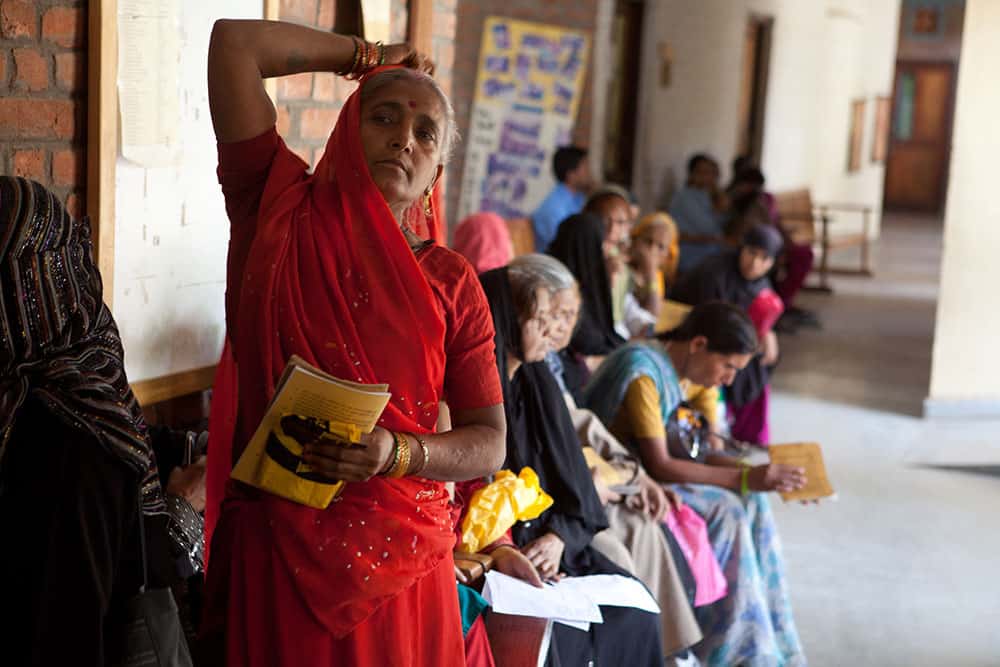
Please Donate
There are still over 100,000 people suffering from chronic illness as a direct result of the 1984 disaster and a third generation is now blighted by the ongoing water contamination. The clinics are the only places where both groups of people can get free, first-class healthcare.

